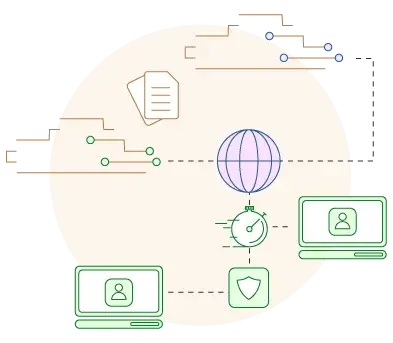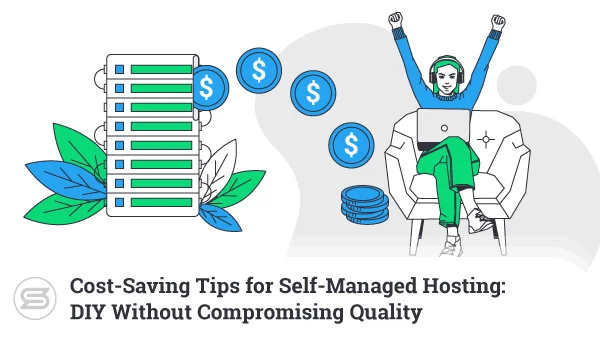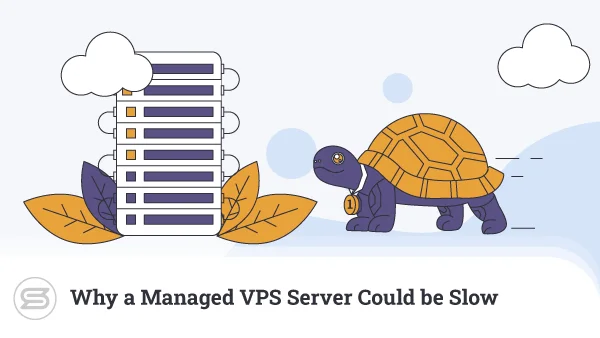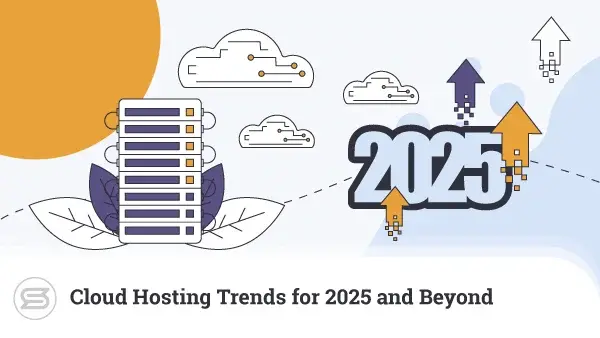Have you ever wondered why some websites can be reached at all times, whereas others tend to be frequently inaccessible? Why certain pages appear faster while others can see you drink a cup of coffee until the entire content loads?
Well, it all comes down to web hosting.
This is a type of service, which lets you build a website and ensures its always accessible online. What happens is you are storing your content on powerful server machines provided by your chosen web hosting company. It is very similar to the process of uploading an album on your Facebook wall and sharing it with your friends.
More and more people and businesses want to establish an online presence nowadays, so the industry is growing as well, both in terms of clients and providers. The entry into web hosting has never been easier.
As a host, you only need to set up a web server and determine your pricing. Most of the providers offer different plans to best suit the needs of certain types of websites.
Still, the industry never stops evolving.
In the last few years, SSD cloud servers were introduced to the web hosting audience and the new service quickly gained popularity. Before we can determine how SSD solutions are different from traditional offerings, let’s first outline the different types of services available for the aspiring webmasters.
Types of Web Hosting
Even though hosting providers offer a wide variety of services, three of them are fundamental for the industry – shared, VPS, and dedicated hosting.
Shared Hosting
The entry-level point for most online projects, you can compare shared hosting with life in an apartment building – you will be located on the same physical machine with many other accounts, sharing its essential resources and security responsibilities. This may be very inconvenient, especially if you are running a business website – if one of the other websites on the server gets unusually high levels of traffic, the other accounts will be left with a much smaller amount of RAM and bandwidth to share.
This may slow down their pages and even make them inaccessible. Same with security – if one of the other accounts is under attack, it is highly likely that your website will be affected as well. This vulnerability is called the Bad Neighbor Effect.
VPS Hosting
A virtual private server is a more advanced option than shared hosting. You are still sharing virtual server space and traffic with other clients, but they are much fewer and each resides in an isolated environment. This is done through a process called virtualization, which is the much-needed solution to the Bad Neighbor Effect.
VPS hosting also gives you a great opportunity to scale your resources as your website expands and to modify your software by installing additional applications. You are also befitting from better security and protection against hackers and spammers.
Dedicated Hosting
The last step in traditional hosting is the dedicated server. At this point, you are basically renting a whole machine for yourself from the hosting provider. As you can probably assume, this option gives you full freedom – you will be able to tweak your resources as much as you like (with VPS there are certain limitations).
Not only will you have the opportunity to install any software but the dedicated server lets you choose your hardware as well. The overall security is also as tight as you can make it. The prices of a dedicated server are the main setback here. Monthly rates often exceed $100, which may deter many individuals and businesses from trying it.
To sum it all up, each of the three hosting types has its pros and cons. All of them can run a website, but, there will be significant differences in terms of performance, security, and price.
So, what are cloud hosting solutions and where do they fit in the mix?
Cloud Hosting Services
Cloud hosting has one significant difference compared to other offerings. With all of the traditional hosting options, your website is hosted on one physical machine, whereas cloud hosting spreads your web content to a whole network of servers around the world, the so-called “cloud.”
This web of servers has one huge benefit – if a machine suddenly crashes, your website will continue working by using a cached version on one of the other servers. Your page will never be inaccessible, which is very important for a business project, where even a minute of inaccessibility can result in a huge loss of clients and sales.
With a cloud server, you will be able not only to increase the resources you have available but to decrease them as well. This scalability is of great help in cases of traffic spikes during a particular time of the year when you need to adjust the resources based on your passing needs.
You won’t have to worry about security either.
Your private information will always be kept safe. Cloud servers are very efficient when it comes to tackling cyberattacks. A good example are DDoS attacks. DDoS stands for Distributed Denial-of-Service.
In such cases, the attacking party aims to overwhelm a server by sending tons of fake requests until the machine gives in. When it’s directed towards a cloud server, the traffic is spread between the entire network so there’s no significant damage at all.
If you decide to go with a cloud server, you will not be stressing over the server management either – your provider will be in charge of it all. This means that updates, configuration, virus protection, and backups are all taken care of, and you will be able to focus on your business and clients.
You may think this feature-packed deal costs a lot. While prices are often higher than standard shared rates, hosting providers are utilizing cloud technology in an increasing number of services. This allows for overall prices to keep dropping down and making the solutions much more accessible to the average user.
Cloud SSD Servers – Architecture and Benefits
So what do you need to know about SSD technology?
The abbreviation stands for Solid State Drive and it’s one of the best-adopted innovations in the world of storage devices. The traditional technology – Hard Disk Drive (HDD) – relies on electro-mechanical disks with spinning parts to read and write data. There’s no such thing with the SDDs – there are no moving parts and everything works electronically. This allows the speed of data operations to increase significantly.
There is actually a specific metric that shows the difference in performance – IOPS (Input/Output Operations Per Second). With the old devices, the maximum IOPS was about 200. Now, when we utilize an SSD, the IOPS can easily jump up to 75,000. You don’t need to be a mathematician in order to notice the huge gap.
This metric will influence the loading speed of your website pages. This is crucial for both site visitors and search engines.
This SSD technology endures much more than the traditional one because it’s stationary and has no breakable parts. As you know, all mechanical devices wear out over time. There’s a measurement called MTBF (Mean Time Between Failure), which shows that the SSDs’ longevity far exceeds the lifetime of older HDD devices.
You might be surprised by the fact that SSD cloud servers are environmentally-friendly as well. Newer devices use less power and generate less heat. This is important because an entire data center full of servers can get temperatures up and the provider has to ensure proper cooling.
Last but not least, you will never have to worry about data loss. SSD does not wear out, nor can it be damaged during transportation. Data security is naturally essential for any business website owner, and you can avoid a lot of risks by choosing an SSD cloud server.


Final Takes
All in all, SSD cloud servers can be very advantageous to your website. You will enjoy an efficient web hosting experience and your customers will surely be impressed by the optimal speed and performance of your website. If you are serious about your business and would want to create a professional and established image of your company, the SSD cloud server should definitely be a top option.
By choosing Scala Hosting as your cloud server provider, you will be able to manage your server through our state-of-the-art SPanel. The all-in-one web hosting management tool comes with in-house developed security solutions, easy resource allocation, and advanced WordPress management.
Choose a plan or contact us 24/7 with all your questions.
What is a VPS – Everything you need to know!



